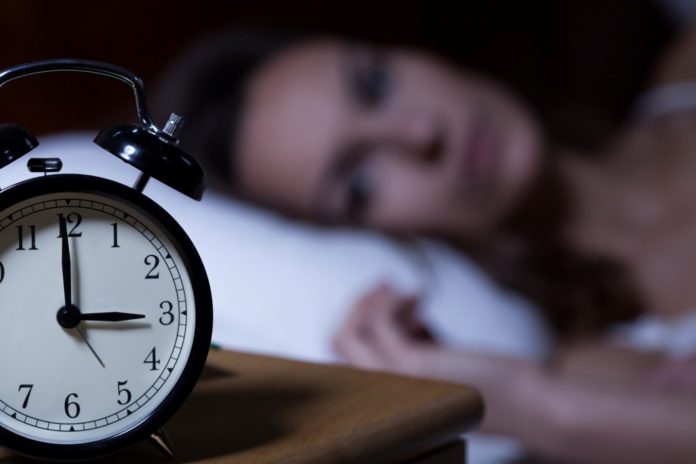Most of the American adults report having insufficient sleep. It is estimated that sleep-related problems affect 50 to 70 million Americans of all ages and socioeconomic classes. Sleep disorders are common in both men and women.
A new study by Iowa State University aims to evaluate how sleep difficulties have changed over time and to assess if these changes relate to changes in sleep duration. The study has found that more Americans have trouble falling asleep and staying asleep. What’s more, the changes were independent of sleep duration, and difficulties were most prevalent in people with normal sleep length.
164,696 U.S. adults were recruited for the study from 2013 to 2017 as part of the National Health Interview Survey. Throughout five years, adults who reported at least one day a week with trouble falling asleep increased by 1.43%, and those reported at least one day with difficulty staying asleep increased by 2.70%.
While the percentages may seem small, scientists noted- based on 2018 populace estimates, this implies upwards of five million more Americans are experiencing some sleep difficulties.
Zlatan Krizan, professor of psychology, said, “Indeed, how long we sleep is important, but how well we sleep and how we feel about our sleep is important in its own right. Sleep health is a multidimensional phenomenon, so examining all the aspects of sleep is crucial for future research.”
Although, scientists could not figure out the contributing factor for the worsening of sleep quality. Still, Garrett Hisler, lead author and former Iowa State graduate student, suggests that technology is likely a factor.
Hisler said, “We know from our previous research there is a correlation between smartphone use and insufficient sleep among teens. If we’re on our phone before bed or we’re receiving alerts in the middle of the night, that can make it harder to fall asleep and stay asleep throughout the night.”
“Consistent with other studies, scientists found the average time spent sleeping decreased. Although the number of people who reported waking up and feeling rested also increased, this spike was only observed for one year and is less representative of a trend.”
Krizan said, “We know that how well people sleep is generally very reflective of people’s health and maybe an indicator of other conditions. If we want a full picture of the population’s health, it’s important to measure and track these changes in sleep trends over time.”
“The findings suggest that intervention efforts might be more effective by targeting factors that influence the initiation and maintenance of sleep as well as the length of sleep. More research is needed to identify how changes in sleep duration and other sleep characteristics are related.”
The study, published in the journal Sleep Health, is one of the first to look at how multiple dimensions of sleep health change over time.
